STEP into 1955, a year of breakthrough science, Cold War tension, and cultural shifts. A devastating tornado tears through Mississippi, French troops mass around Saigon, and a nuclear test rocks Nevada. President Eisenhower makes history with the first televised press conference. The Salk polio vaccine is declared safe, atomic power lights American homes, and flying saucers are spotted in the skies. In Alabama, Rosa Parks is convicted. James Dean dies in a tragic crash, Einstein leaves his brain to science, and Disneyland opens its gates in California. “On the Waterfront” sweeps the Oscars, and Joan Collins emerges as a new Hollywood name. Explore this curated timeline of events that defined 1955.
If you want to delve deeper with original reports of what happened, why not take a look at our 1955 Newspaper Book? 
1955 Timeline
January
January 1: Ohio State beats Southern California 20 – 7 in muddiest Rose Bowl since 1934.
Why not dive deeper into the History of Ohio State Buckeyes?
January 1: The Royal Air Force’s No. 138 Squadron, the UK’s first atomic bomber unit, is formed, operating Vickers Valiant aircraft from RAF Gaydon.
January 1: Georgia Tech wins the Cotton Bowl Classic.
January 7: Marian Anderson becomes the first African American to perform at the Metropolitan Opera. She sang the role of Ulrica, a sorceress, in Verdi’s Un ballo in maschera (A Masked Ball).
February 8: Nikolai Bulganin becomes Premier of the Soviet Union, succeeding Georgy Malenkov. The leadership change marked a shift toward increased Soviet military and industrial development.
January 19: President Eisenhower makes history by holding the first-ever televised presidential news conference.
January 22: The Pentagon announces plans to develop intercontinental ballistic missiles (ICBMs) armed with nuclear weapons.
January 23: The Sutton Coldfield rail crash near Birmingham claims 17 lives and injures 25.
January 29: President Eisenhower signs the Formosa Resolution, authorizing the use of U.S. military force to defend Taiwan and the Pescadores from attack by the People's Republic of China.
January 30: Josip Broz Tito’s fifth cabinet begins in Yugoslavia.
January 31: RCA publicly demonstrates the first music synthesizer — a milestone in electronic music history.
February
February 8: President Eisenhower proposed a three-year, $7 billion federal-state-local school construction program.
February 11: The evacuation of the Tachen Islands was declared complete after a U.S. Navy operation beginning in early February 1955, moving thousands to Taiwan.
February 12: President Eisenhower dispatches the first U.S. military advisors to South Vietnam.
February 13: Israel acquires four of the seven Dead Sea Scrolls.
February 24: The Baghdad Pact was signed, establishing a Cold War military alliance among Iraq, Turkey, Pakistan, Iran, and the United Kingdom.
February 24: At the 12th Golden Globe Awards, On the Waterfront won Best Motion Picture – Drama; Marlon Brando won Best Actor (Drama), and Judy Garland won Best Actress (Comedy/Musical)
March
March 1: Neil Armstrong's first test flight as a pilot for NACA’s Lewis Flight Propulsion Laboratory in Cleveland, Ohio — years before he became an astronaut.
March 2: Claudette Colvin, a 15-year-old African American, is arrested in Montgomery, Alabama, after refusing to give up her seat on a bus, nine months before Rosa Parks’ more famous protest. She later becomes a key plaintiff in Browder v. Gayle (1956), which ruled segregation unconstitutional.
March 5: Elvis Presley makes his first television appearance on the Louisiana Hayride, a regional broadcast from Shreveport, Louisiana.
Why not take a deeper look at the History of Elvis?
March 8: Walt Disney and Danny Thomas each won two Emmy Awards, taking the spotlight at the ceremony.
March 10: Pakistan International Airlines (PIA) is founded, a key event in Pakistan's aviation history.
March 11: Alexander Fleming, the discoverer of penicillin, dies.
March 17: A riot erupted in Montreal after the suspension of hockey star Maurice "Rocket" Richard, sparking widespread anger, property damage, and looting.
March 24: West Germany is authorized to rearm following the signing of the Bonn-Paris conventions.
March 25: U.S. Customs seizes copies of Allen Ginsberg’s poem Howl on obscenity grounds.
March 30: At the 27th Academy Awards, Marlon Brando won Best Actor for On the Waterfront, and Grace Kelly won Best Actress for The Country Girl. On the Waterfront won eight Oscars, including Best Picture.
Take a deeper look at the History of the Oscars
April
April 1: OKA initiates a guerrilla campaign against British colonial rule in Cyprus, marking the start of Cypriot resistance.
April 6: Winston Churchill stepped down as Prime Minister of the United Kingdom. He was succeeded by Anthony Eden, who officially took office that day at the age of 57.
Dive deeper into the Story of Winston Churchill
April 10: The Syracuse Nationals won the NBA Championship, defeating the Fort Wayne Pistons 4 – 3 in the Finals.
April 11: Cary Middlecoff won the 1955 Masters Tournament by seven strokes, finishing with a score of 279 (−9).
Discover the History of the Masters
April 14: The Detroit Red Wings clinch their 7th Stanley Cup.
April 15: The first McDonald’s franchise under Ray Kroc opens in Des Plaines, Illinois, marking the beginning of the McDonald’s Corporation.
April 18: Albert Einstein died at the age of 76. During his autopsy, his brain was removed and later preserved for medical research.
April 19: Volkswagen of America is established in New Jersey to formalize its U.S. sales and service operations.
May
May 5: The U.S. conducted a nuclear test at the Nevada Test Site as part of Operation Teapot.
May 6: West Germany joins NATO.
May 7: California-bred Swaps wins the 81st Kentucky Derby, claiming victory in the first Saturday of May classic.
May 14: The Soviet Union and seven Eastern European countries sign a mutual defense treaty, forming the Warsaw Pact.
May 15: Austria regains sovereignty with the signing of the Austrian State Treaty; discussions continue on postwar German settlement.
May 16: Rocky Marciano defeats England’s Don Cockell by TKO in the ninth round.
Delve deeper into the History of Boxing
May 21: Chuck Berry records his first single, Maybellene.
May 27: The Conservative Party win a Majority under Anthony Eden in a General Election.
June
June 2: The Baikonur Cosmodrome, central to the Soviet space program, is officially founded.
June 7: The television quiz program The $64,000 Question premieres on CBS-TV in the United States, hosted by Hal March.
June 11: During the 24‑Hour Le Mans race, a catastrophic crash kills driver Pierre Levegh and approximately 83 spectators.
June 15: The Bombing of Plaza de Mayo in Buenos Aires marks a climactic point in an attempted military coup — 364 people are killed and over 800 injured.
June 16: Walt Disney’s Lady and the Tramp, the studio’s 15th animated feature, premieres in Chicago.
June 17: President Juan Perón suppresses a military revolt; rebel air and naval forces flee to Uruguay following clashes in Buenos Aires.
June 18: The Disneyland Railroad begins operations at Disneyland in Anaheim.
July
July 1: South Vietnam establishes its air force, the Republic of Vietnam Air Force.
Dive deeper into the story of the Vietnam War
July 2: Lyndon B. Johnson suffers a heart attack while visiting Virginia and is hospitalized.
July 9, 1955: The Russell‑Einstein Manifesto is issued in London, urging nuclear disarmament and peaceful conflict resolution.
July 9: Rock Around the Clock by Bill Haley & His Comets becomes the first rock‑and‑roll song to top Billboard charts.
July 12: The first atomic power plant in New York begins supplying electricity to homes, marking a milestone in nuclear energy.
July 13: Ruth Ellis is executed by hanging — the last woman to be executed in the UK.
July 18: Disneyland officially opens to the public in Anaheim, after a preview event the day before.
July 18: The Geneva Summit commences, with President Eisenhower hosting Soviet Premier Bulganin and other leaders as part of the Big Four European security talks.
July 30: Tour de France concludes. French cyclist Louison Bobet secures his third consecutive victory.
August
August 1: The Lockheed U‑2 reconnaissance aircraft prototype (Article 341) made its maiden flight at Groom Lake, Nevada — marking a significant leap in Cold War surveillance capabilities.
August 4: President Dwight D. Eisenhower signed legislation authorizing $46 million in federal funding for the construction of the CIA headquarters in Langley, Virginia.
August 15: Disneyland Records (now Walt Disney Records) was launched, contributing significantly to the mainstream popularity of children’s music and soundtracks.
August 18: The weakening Hurricane Diane moved into Virginia around mid‑August, unleashing heavy rain and flooding, especially in the Blue Ridge Mountains.
August 19: Hurricane Diane struck the northeastern U.S., killing over 200 people and causing damages exceeding $1 billion.
August 20: U.S. Air Force pilot Horace A. Haines set a world speed record flying a North American F‑100C Super Sabre at 822.135 mph (1,323.889 km/h).
August 20: Anti-French riots in Morocco and Algeria resulted in hundreds of casualties, amid escalating tensions in French North Africa.
August 23: The Westland Widgeon helicopter undertook its maiden flight, marking a milestone in British rotorcraft development.
August 27: The first edition of The Guinness Book of Records was published, finishing as a UK bestseller by Christmas and soon becoming a popular gift.
August 28: Emmett Till, aged 14, was murdered in Mississippi — his killing ignited widespread outrage and became a key catalyst for the American Civil Rights Movement.
September
September 4: The first European Cup (now the UEFA Champions League) match is played between Sporting CP and Partizan.
September 6: The Istanbul Pogrom — a violent, state-supported outbreak targeting Greek, Armenian, and Jewish communities in Turkey — takes place.
September 8: Peter Craven wins the Individual Speedway World Championship at Wembley Stadium, London.
September 11: Juan Manuel Fangio wins the Italian Grand Prix at Monza.
September 15: Lolita, the controversial novel by Vladimir Nabokov, is published in Paris by Olympia Press.
September 19: Hurricane Hilda strikes Mexico, causing approximately 200 deaths.
September 20: A military uprising in Argentina forces President Perón to resign; he goes into exile following the Revolución Libertadora.
September 22: The first broadcast of Independent Television (ITV), the UK’s first commercial TV network, begins.
September 24: President Dwight D. Eisenhower suffers a heart attack and is hospitalized at Fitzsimmons Army Hospital in Denver.
September 26: A sharp downturn in the stock market earns the day the nickname "Black Monday” — the worst drop since 1929.
September 28: NBC broadcasts its first World Series in color, a landmark in sports and television history.
September 30: Actor James Dean is killed in a car crash while driving his Porsche 550 Spyder near Cholame, California.
October
October 4: The Brooklyn Dodgers clinch their first World Series championship, defeating the New York Yankees in Game 7 on October 4, 1955; Johnny Podres pitched a shutout and Gil Hodges knocked in both runs.
October 5: The Disneyland Hotel opens in Anaheim, California—the first hotel to officially bear the Disney name.
October 7: Allen Ginsberg publicly reads his poem Howl for the first time at the Six Gallery in San Francisco.
October 19: The Eurovision Song Contest is approved by the European Broadcasting Union.
October 20: J.R.R. Tolkien’s The Return of the King is published, completing the monumental Lord of the Rings trilogy.
October 23: The Republic of Vietnam is proclaimed, with Ngô Đình Diệm as president.
October 26: Having signed the State Treaty earlier and with occupation forces gone, Austria declares its permanent neutrality on October 26, 1955 — marking the conclusion of its journey to full independence.
October 27: The film Rebel Without a Cause, starring James Dean, is released in the United States — just weeks after his death, adding poignant resonance to the event.
October 31: Princess Margaret announces she will not marry Group Captain Peter Townsend, ending speculation and media frenzy.
November
November 1: Miners in South Wales voting to strike highlighted growing tensions over wages and working conditions in UK coal mining regions.
November 1: The United States began its military advisory role in South Vietnam by establishing MAAG Vietnam.
November 5 – 6: Racial segregation is legally prohibited in interstate bus and train travel in the U.S. – a key civil rights milestone.
November 5 – 6: The 1955 Ryder Cup concludes with the U.S. capturing its seventh straight victory.
Take a deeper look at the History of the Ryder Cup.
November 15 – 20: Bo Diddley makes his U.S. television debut on Toast of the Town (later The Ed Sullivan Show)—a defining moment in music history.
November 22 – 23: The Soviet Union detonates the RDS‑37, its first megaton-class hydrogen bomb, at Semipalatinsk in Kazakhstan, a significant escalation in the nuclear arms race.
November 26 – 27: Cyprus sees a state of emergency declared by the British Governor in response to rising unrest.
December
December 1: Rosa Parks arrested in Montgomery, Alabama, for refusing to give up her seat on a segregated bus, sparking the Montgomery Bus Boycott.
December 2: The United Nations’ First Special Session on Disarmament opens in New York, aiming to address Cold War tensions and nuclear weapons control.
December 4: President Lyndon B. Johnson signs the Elementary and Secondary Education Act, expanding federal education support.
December 5: Rosa Parks was convicted of violating segregation laws and fined following her arrest.
December 5: Just after Parks’s conviction, approximately 5,000 African Americans convened and unanimously voted to boycott Montgomery City Lines — marking the start of the year-long boycott.
December 8: The Polish government cracks down on dissent, arresting members of the opposition, continuing post-Stalinist purges in Eastern Europe.
December 12: The first passenger jet service begins operation between London and Johannesburg by BOAC using the de Havilland Comet 2, pioneering commercial jet air travel.
December 14: The French Fourth Republic undergoes a government reshuffle amid ongoing crises related to the Algerian War (which had started in 1954).
December 19: Elvis Presley, Memphis hillbilly singer, appears on Les Wolfe’s seventh annual Christmas charity wrestling musical show.
Delve deeper into the Story of Elvis
December 24: The first atomic-powered submarine, USS Nautilus, is officially launched, marking a milestone in naval technology.
If you want to discover more with original reports about what happened in 1955, take a look at our 1955 Newspaper Book
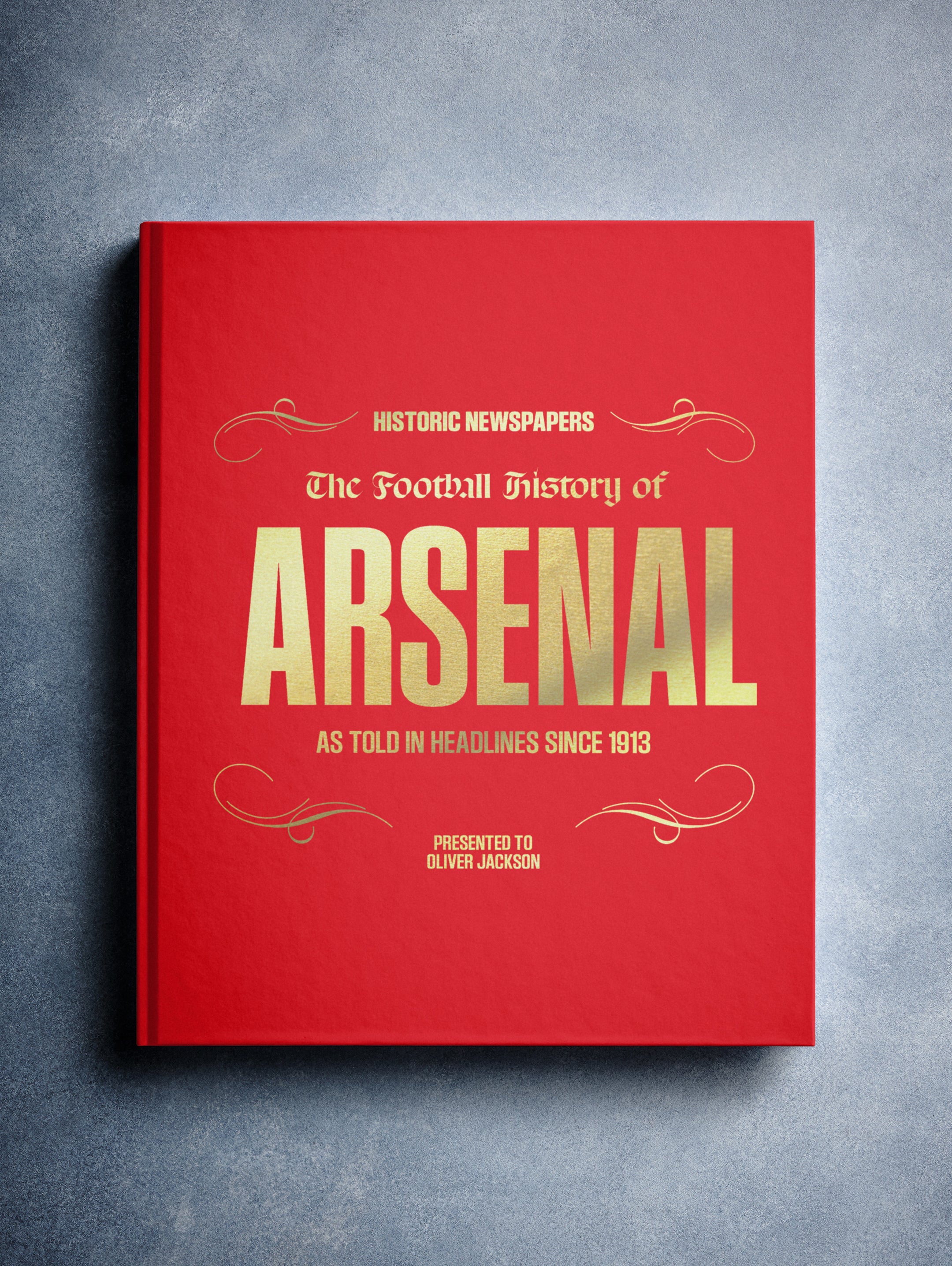

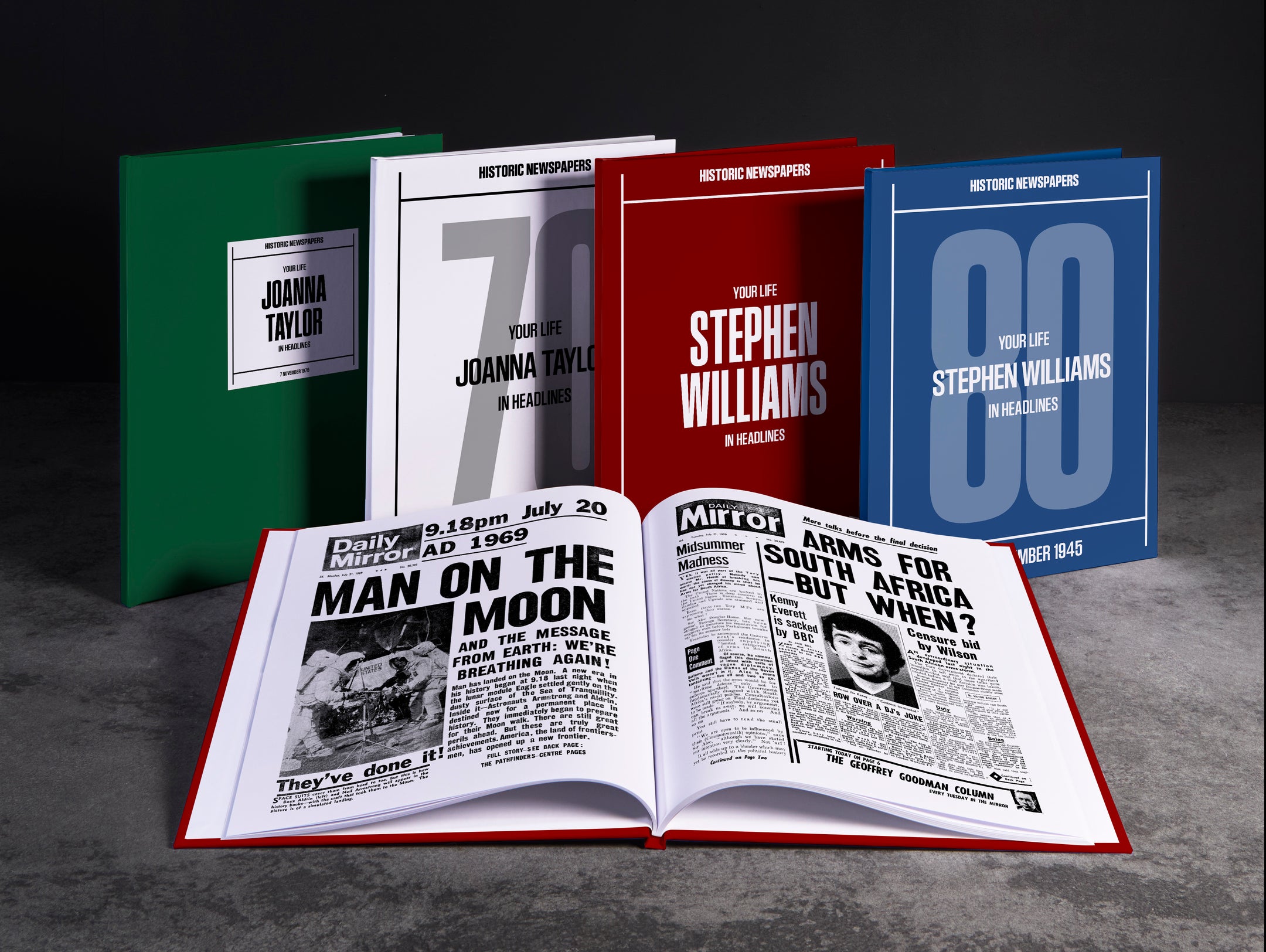
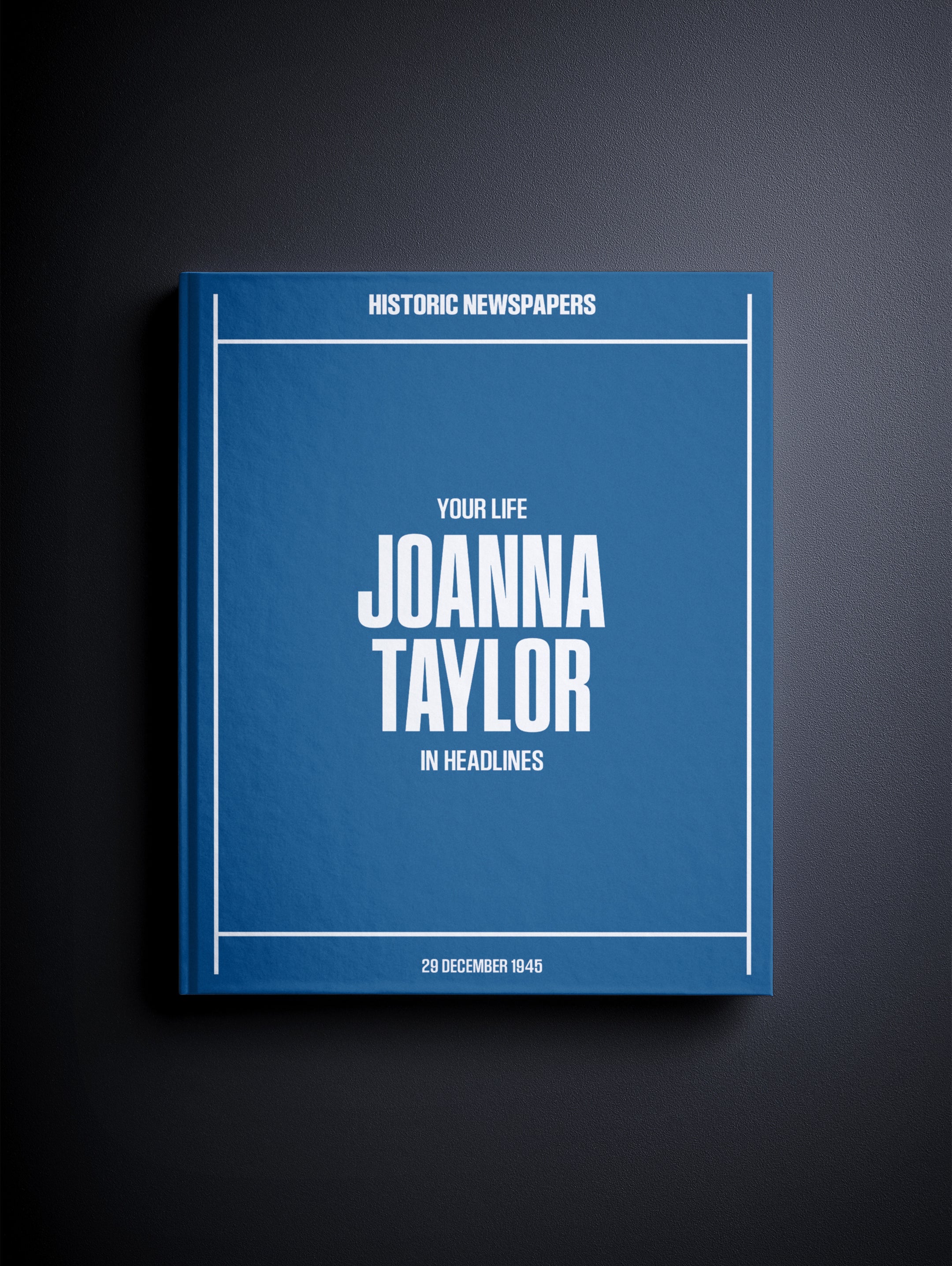
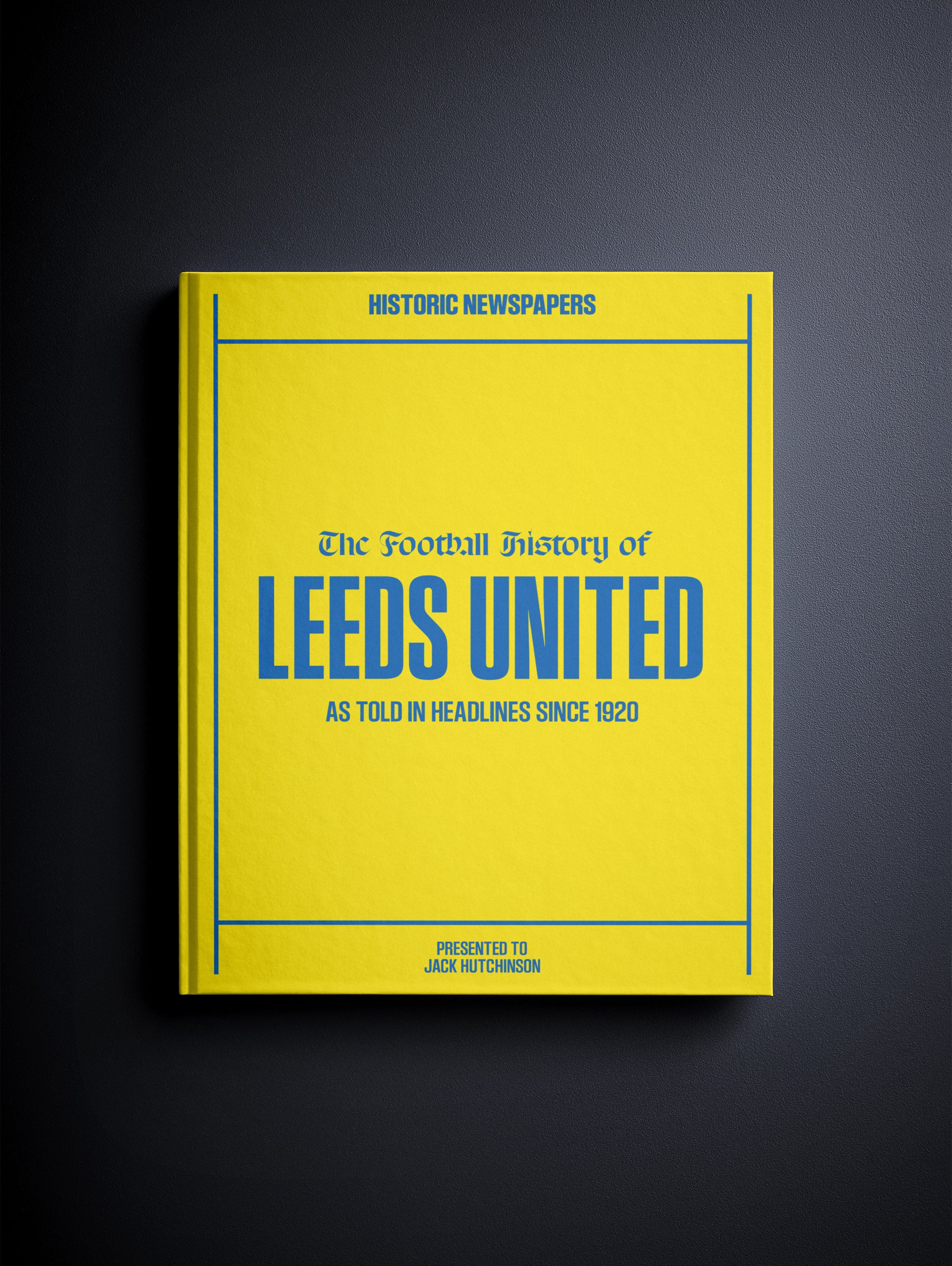

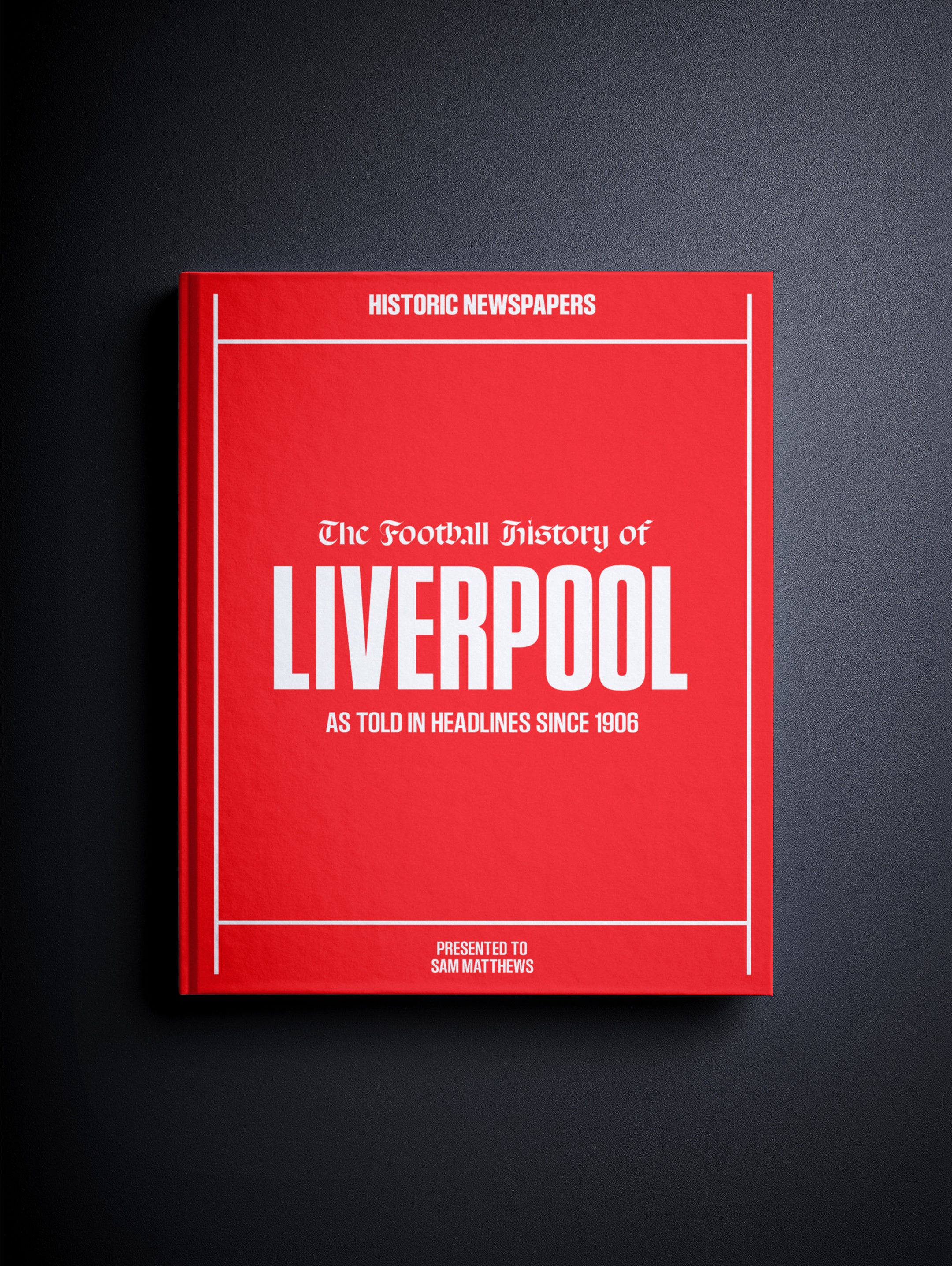

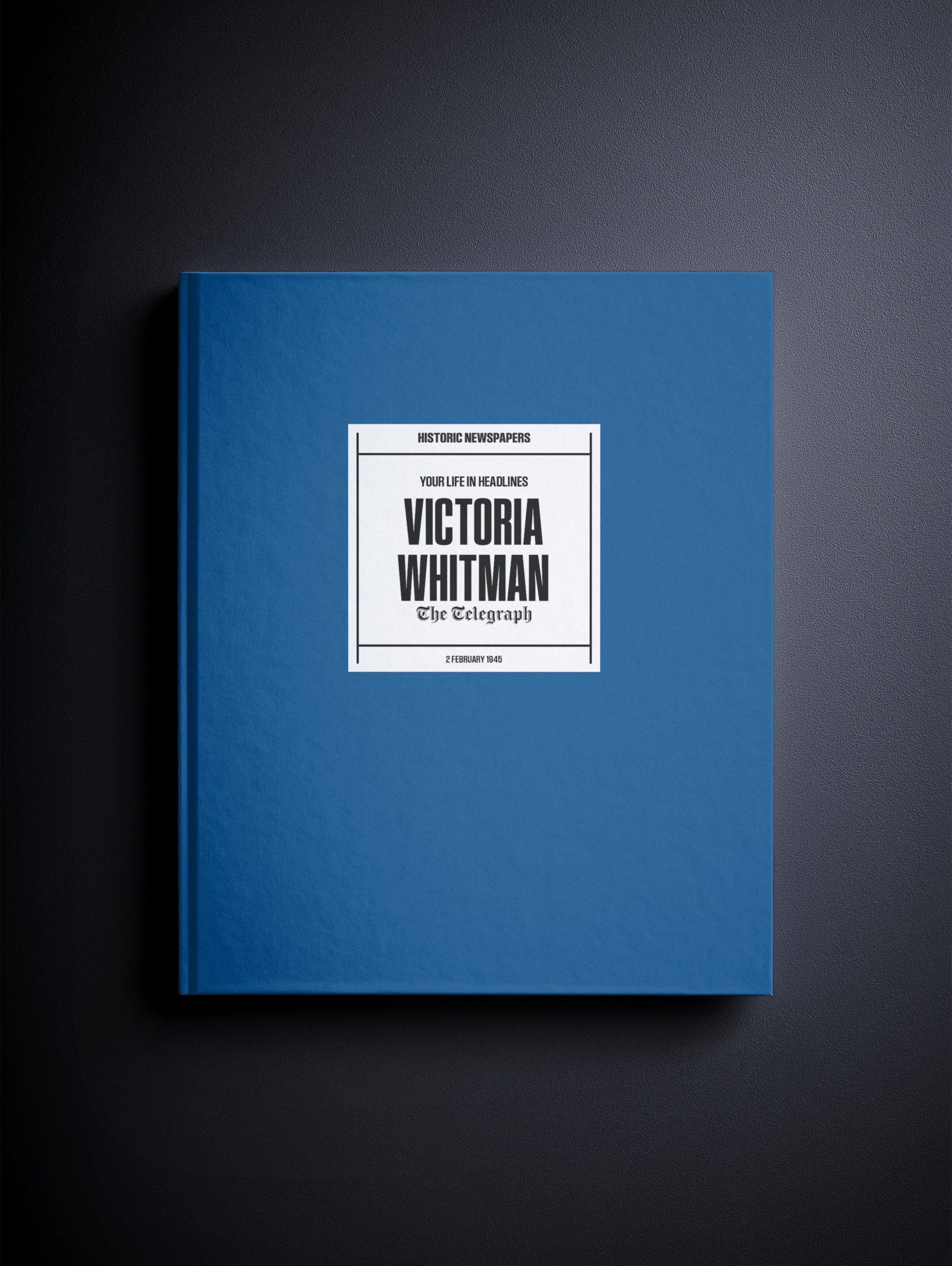
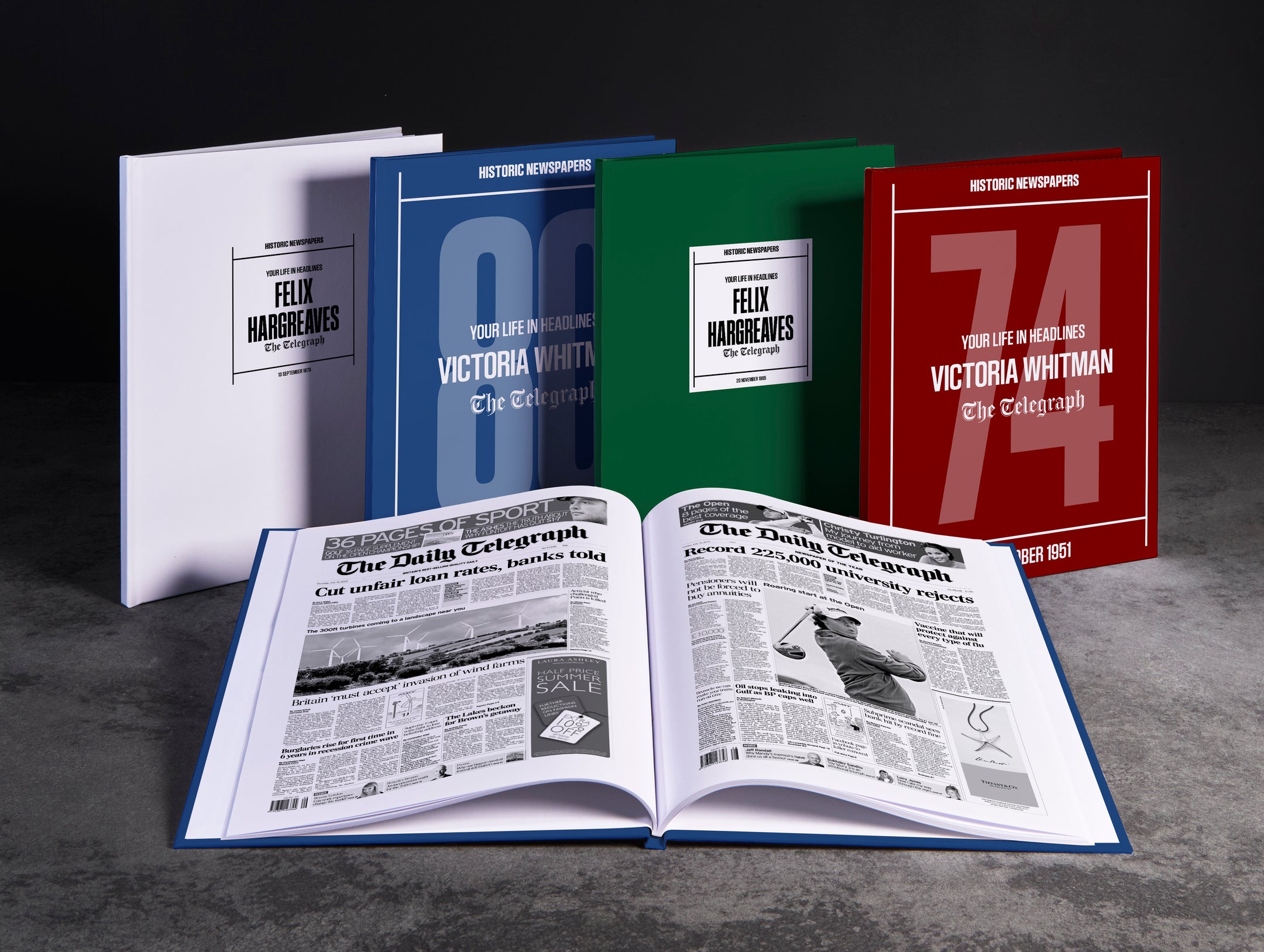
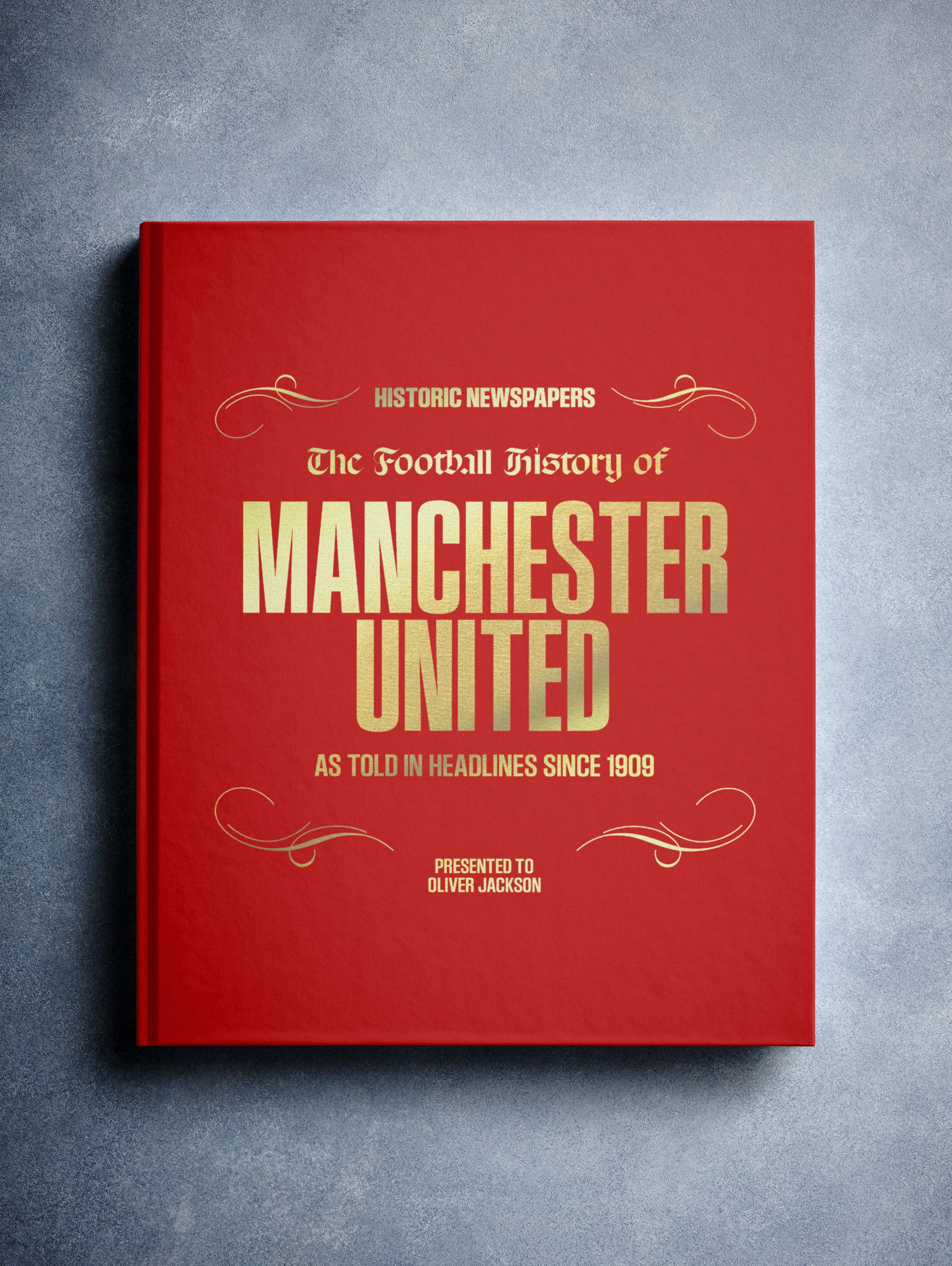

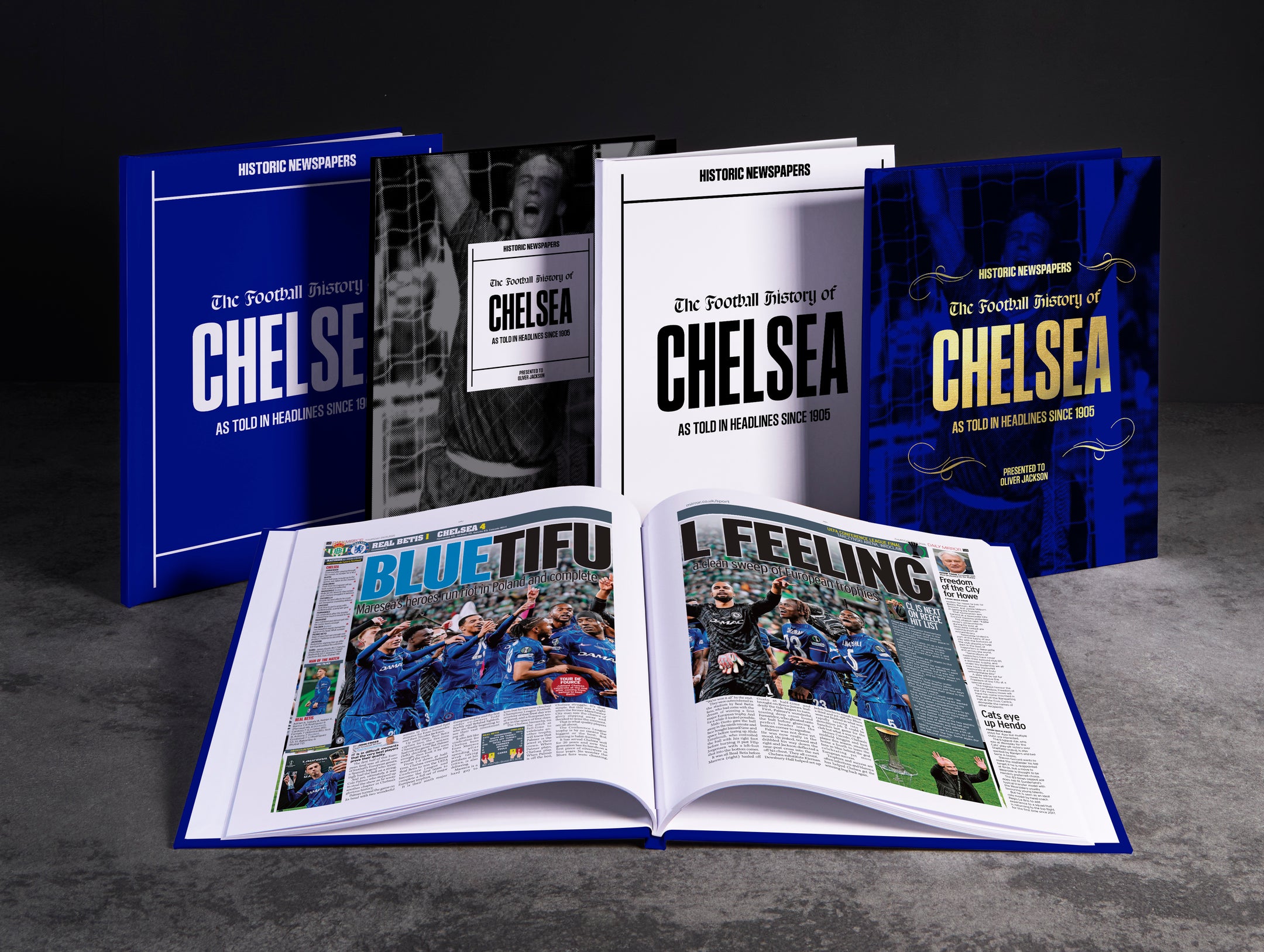
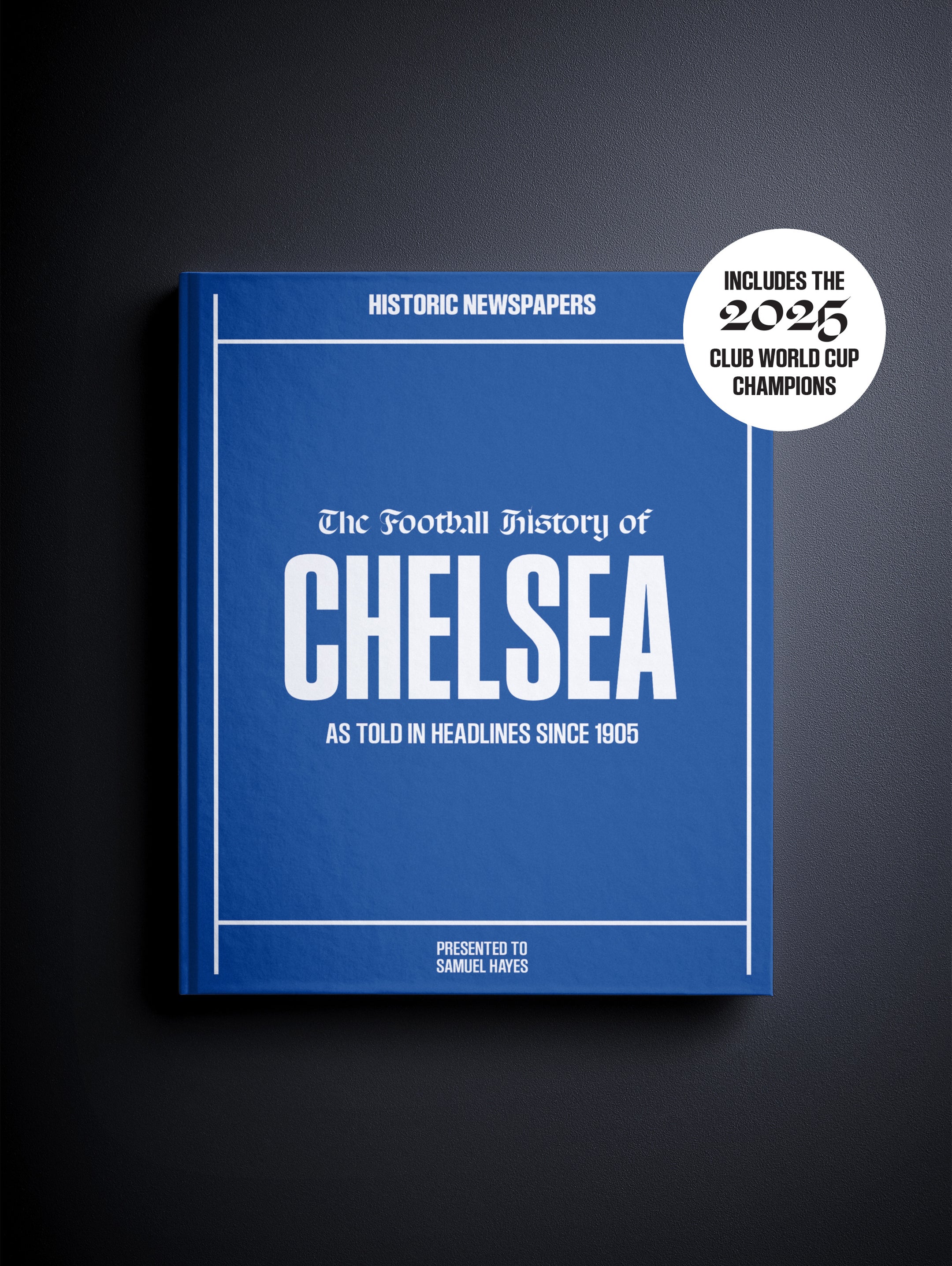


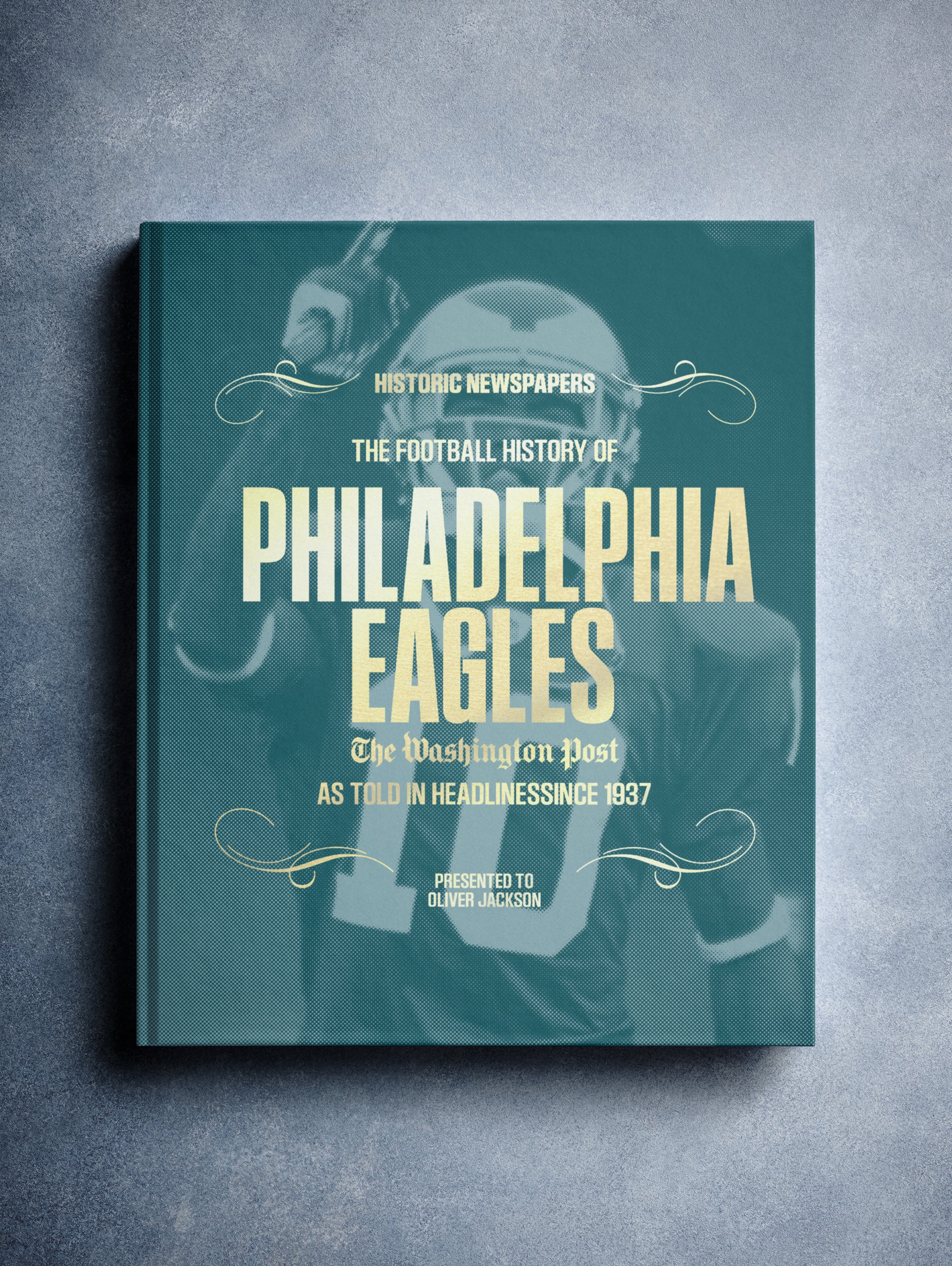

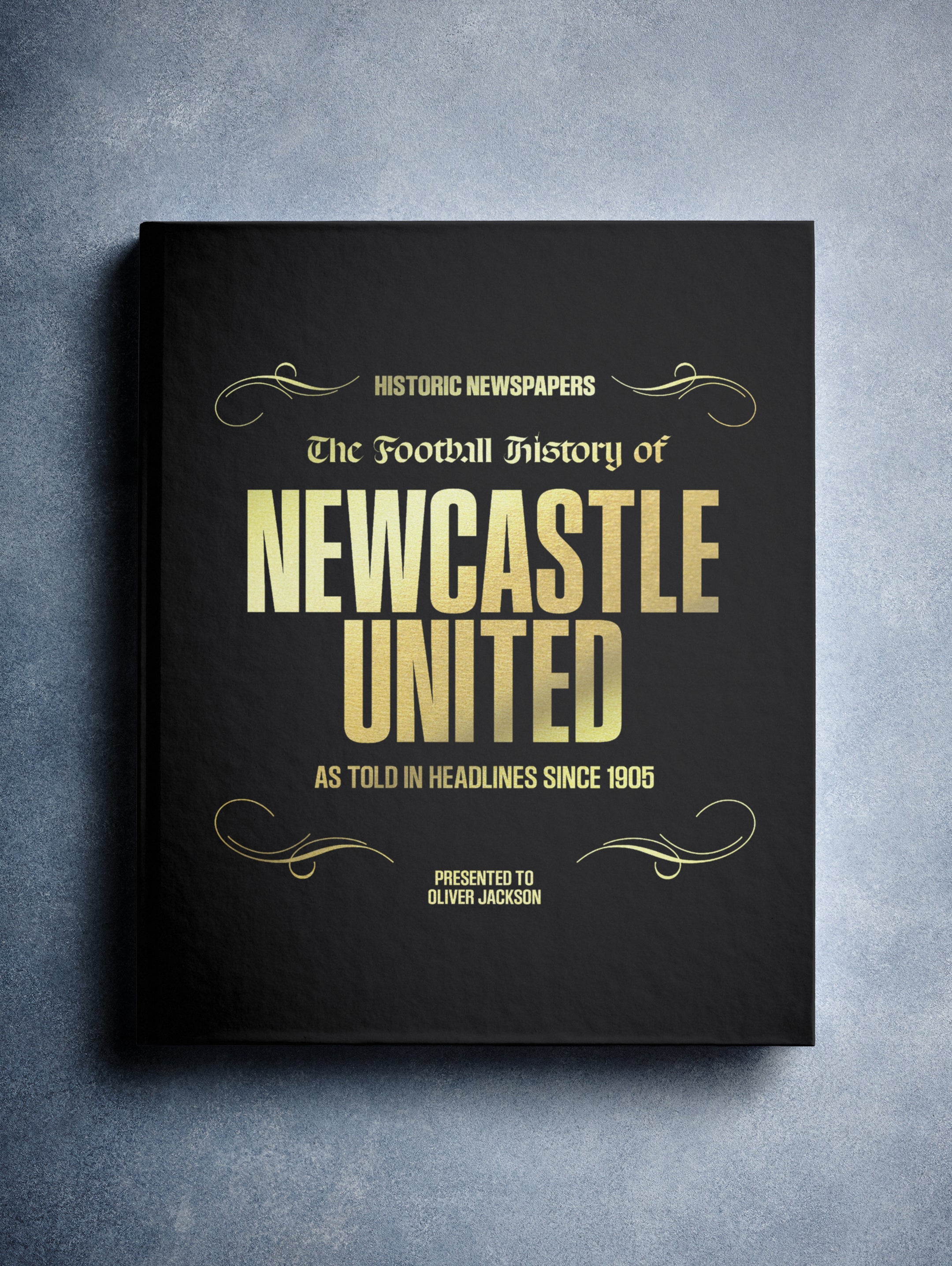
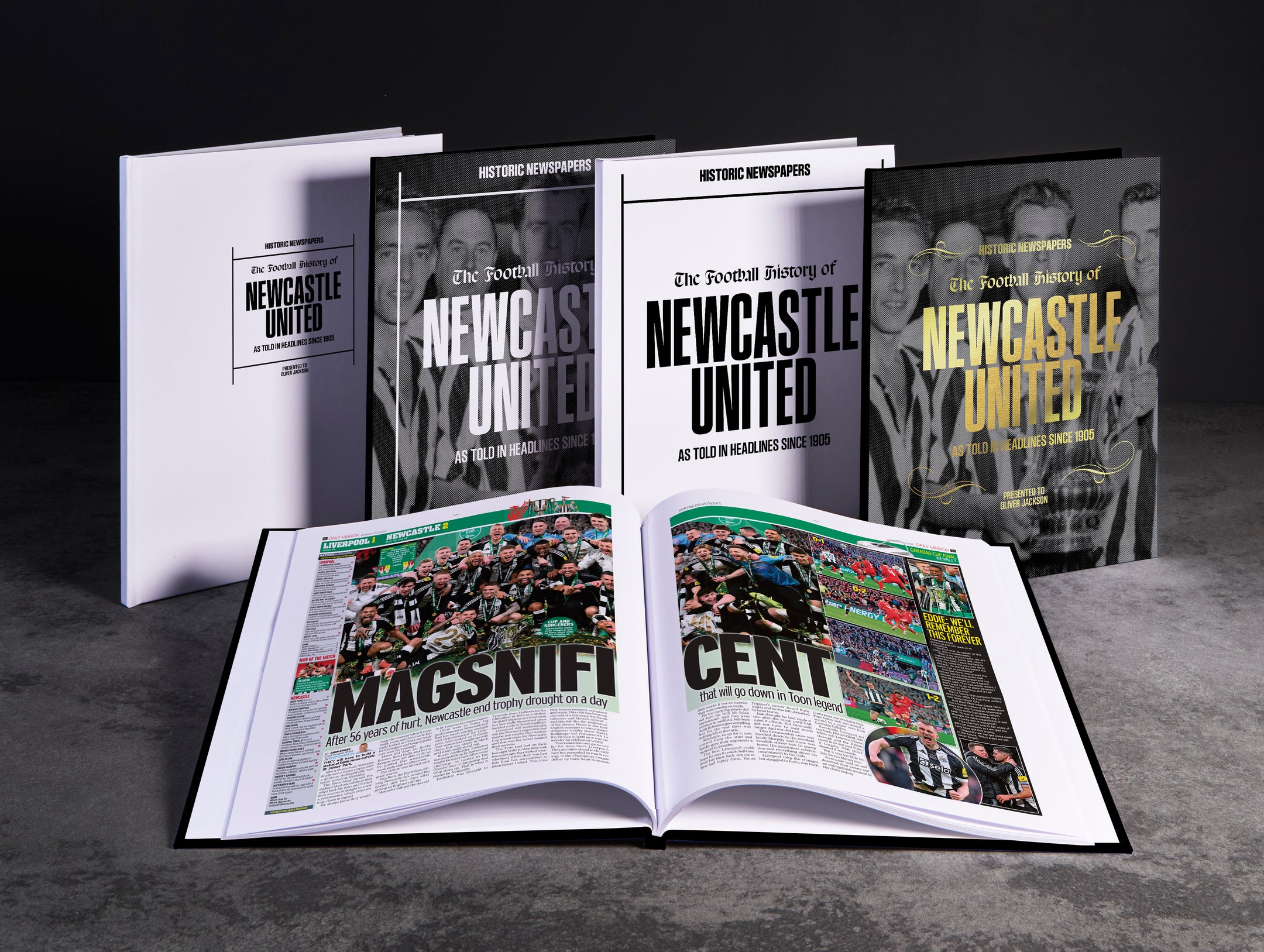
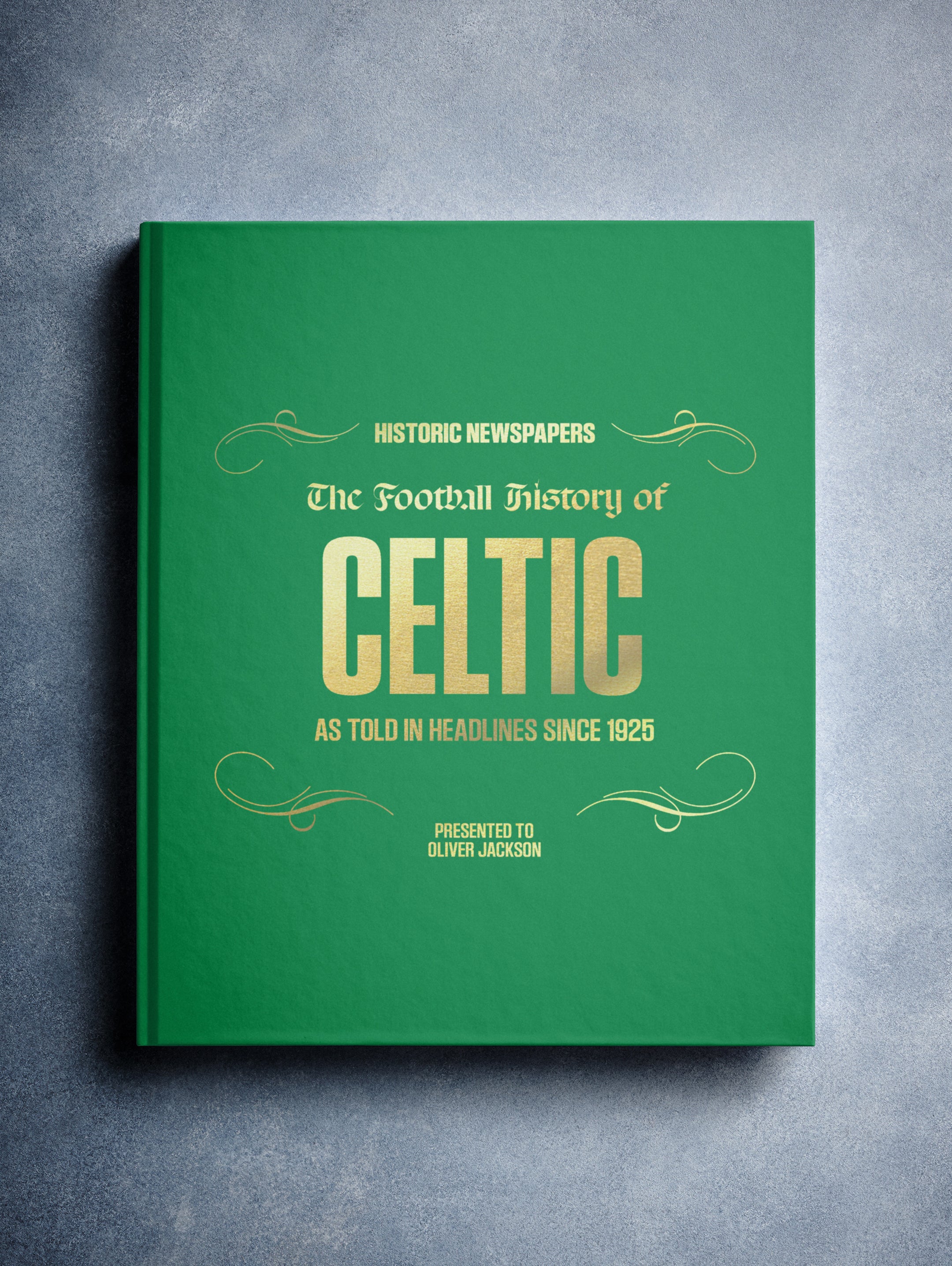



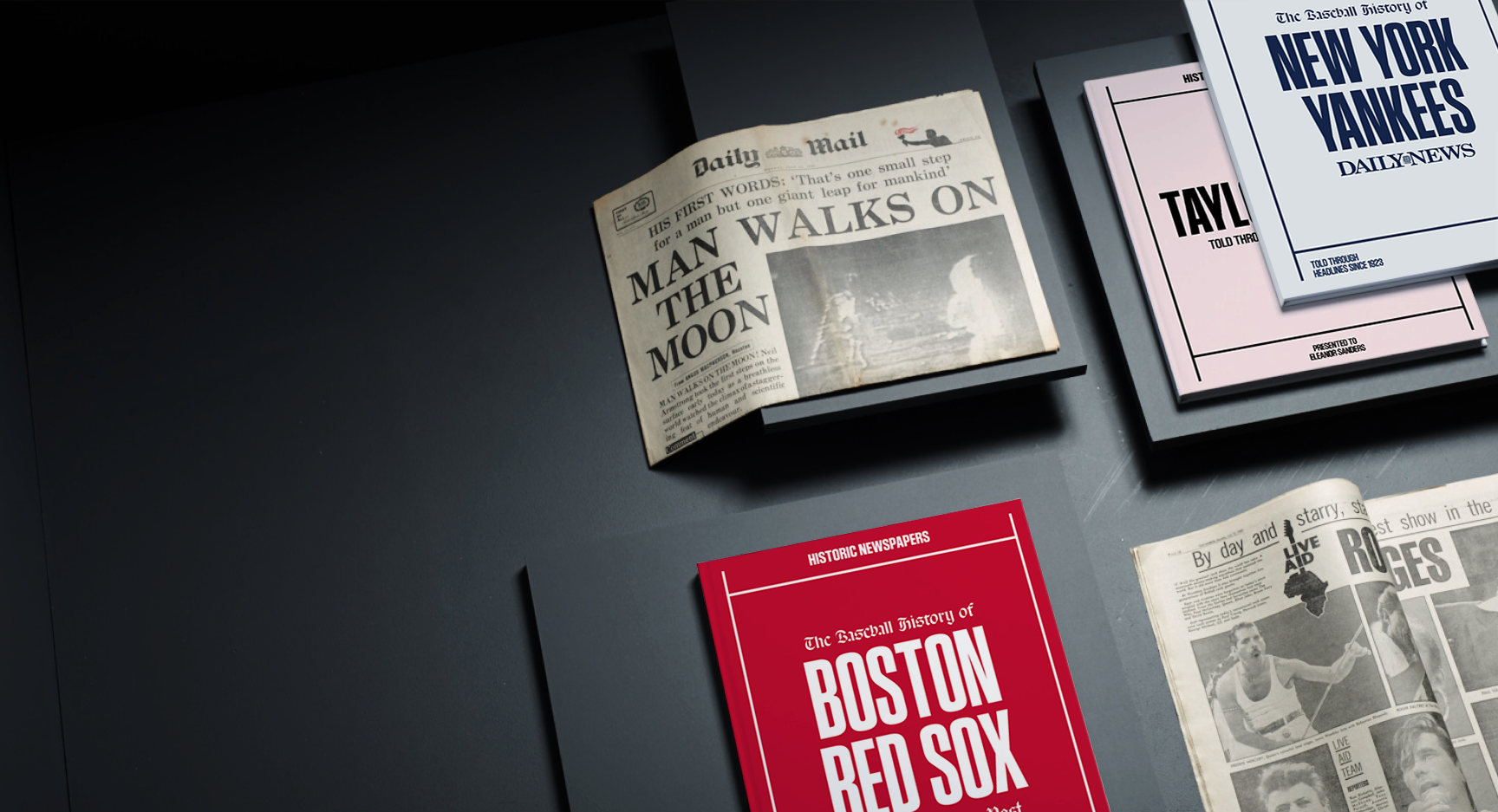
Follow us